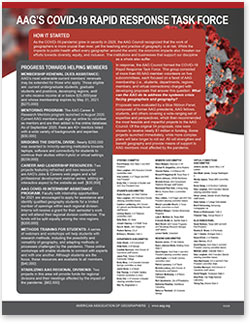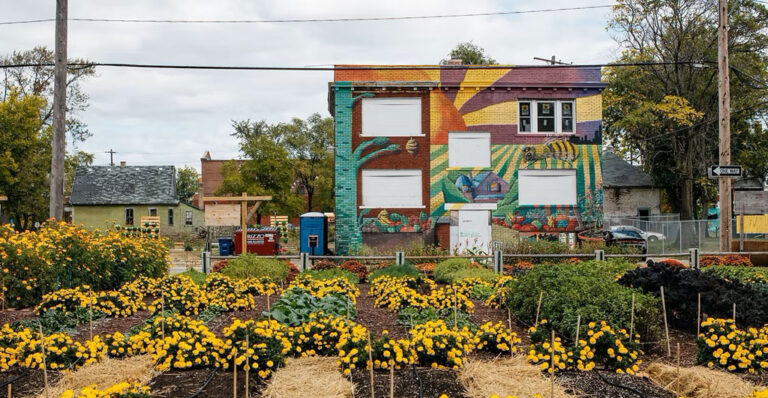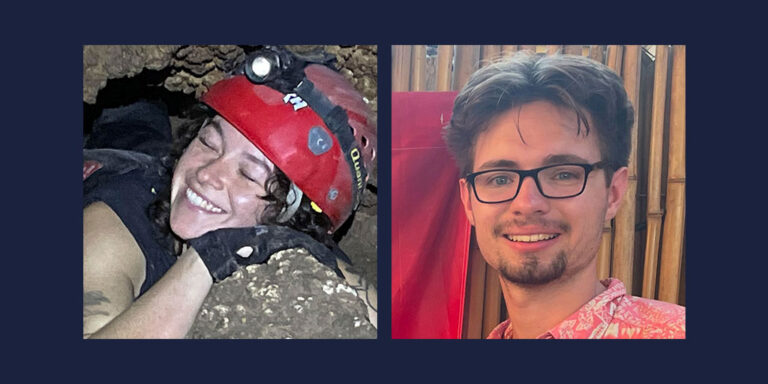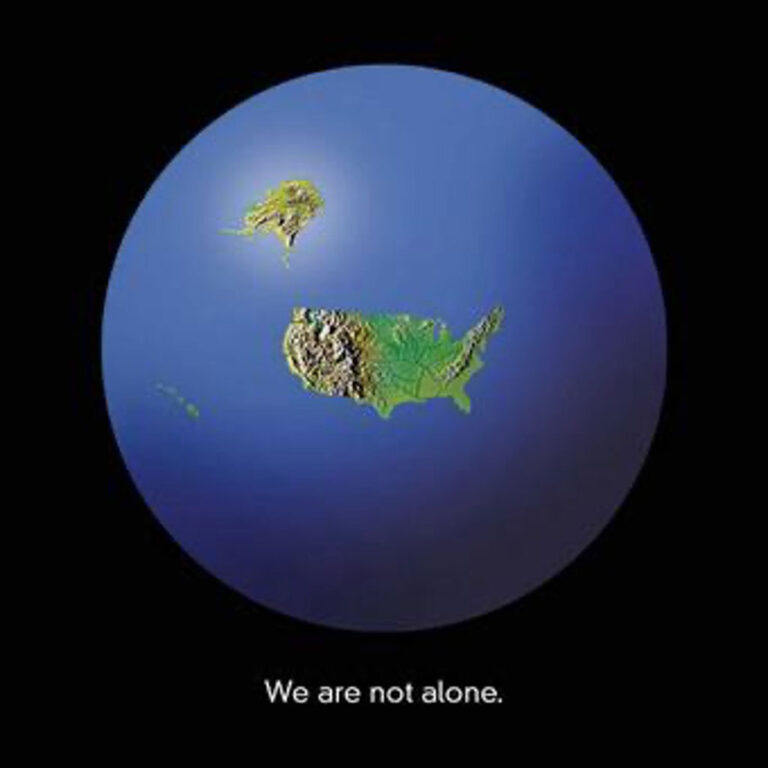COVID-19 Rapid Response Task Force

As the COVID-19 pandemic grew in severity, the AAG Council recognized that the work of geographers is more crucial than ever, yet the teaching and practice of geography is at risk. While the impacts to public health affect every geographer around the world, the economic impacts also threaten the institutions and businesses that support our discipline as a whole.
 In response, the AAG Council formed the COVID-19 Rapid Response Task Force. This group consisted of more than 60 AAG member volunteers on five subcommittees, each focused on a facet of AAG membership (i.e., students, departments, regions, members, and virtual connections) charged with developing proposals that answer this question: What can the AAG do to address the systemic crisis facing geographers and geography?
In response, the AAG Council formed the COVID-19 Rapid Response Task Force. This group consisted of more than 60 AAG member volunteers on five subcommittees, each focused on a facet of AAG membership (i.e., students, departments, regions, members, and virtual connections) charged with developing proposals that answer this question: What can the AAG do to address the systemic crisis facing geographers and geography?
Proposals were evaluated by a Blue Ribbon Panel, composed of former AAG presidents, AAG fellows, students, and others covering a wide-ranging set of expertise and perspectives, which then recommended the most feasible and impactful projects to the AAG Council. Of the original 34 proposals, nine were chosen to receive nearly $1 million in funding. Some projects launched immediately, while more complex plans will take longer to roll out. All will strengthen and benefit geography and provide means of support to AAG members most affected by the pandemic.
Highlights include: supporting vulnerable members with dues assistance, expanding jobs and career resources, funding new mentoring and internship opportunities, providing aid for computer equipment needed for virtual learning, and reinforcing regional and national annual meetings. Other relief will include various degrees of support for the AAG’s regional divisions, specialty and affinity groups, and academic departments. At this critical time, the AAG will continue to raise awareness of the relevance of geography to both decision-makers and to the public.
Diversity and inclusion is a key focus when implementing these proposals. For example, the AAG will donate funds to faculty at Historically Black Colleges and Universities and Tribal Colleges and Universities to provide their geography students with laptops, internet service, and software through its Bridging the Digital Divide project.
More details on projects will be announced as they become available.
If you would like to help support the membership renewal fund and our other COVID-19 rapid response initiatives, please consider making a donation.
Projects in progress
- Membership Renewal Dues Assistance: AAG’s most vulnerable current members’ renewals were extended from August 2020 for those who applied. Those eligible are: current undergraduate students, graduate students and postdocs, developing regions, and/or who receive income at or below $25,000/year and whose membership expires by May 31, 2021.
- Mentoring Program: The AAG Career & Research Mentors program launched in August 2020. Current AAG members were encouraged to sign up online to volunteer as mentors and are then were added to the online database. As of September 2020, there were 40+ mentors listed with a wide variety of backgrounds and expertise.
- Bridging the Digital Divide: Nearly $250,000 was awarded to minority-serving institutions towards laptops, software and connectivity for students to continue their studies within hybrid or virtual settings.
- Career and Leadership Resources: Two projects featuring refreshed and new resources are AAG’s Jobs & Careers web pages and a fall professional development webinar series, adding an interactive aspect to the website as well.
- AAG COVID-19 Internship Assistance Program: Faculty with internship opportunities for 2021 are encouraged to apply for assistance and identify qualified geography students for a limited number of openings within each regional division. Interns will receive a grant for their semester’s work and will attend their regional division conference. The funds will be split equally among the nine regions.
- Methods Training for Students: A series of webinars and workshops will help students with research methods, including the possibility and versatility of geography, and adapting methods or processes challenged by the pandemic. These online workshops will enable students to connect with experts and with one another. Although students are the focus, these resources are available to all members.
- Stabilizing AAG Regional Divisions: Two projects in this area will provide funds for regional divisions and their meetings affected by the impact of the pandemic, including three recorded keynote sessions from fall regional division meetings.


